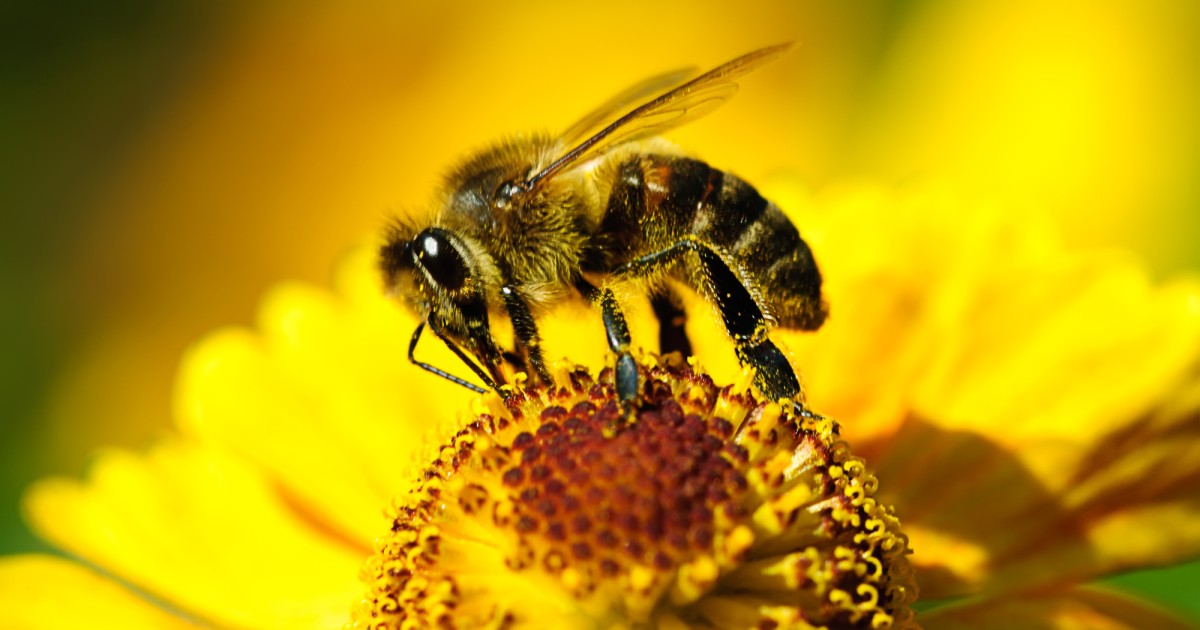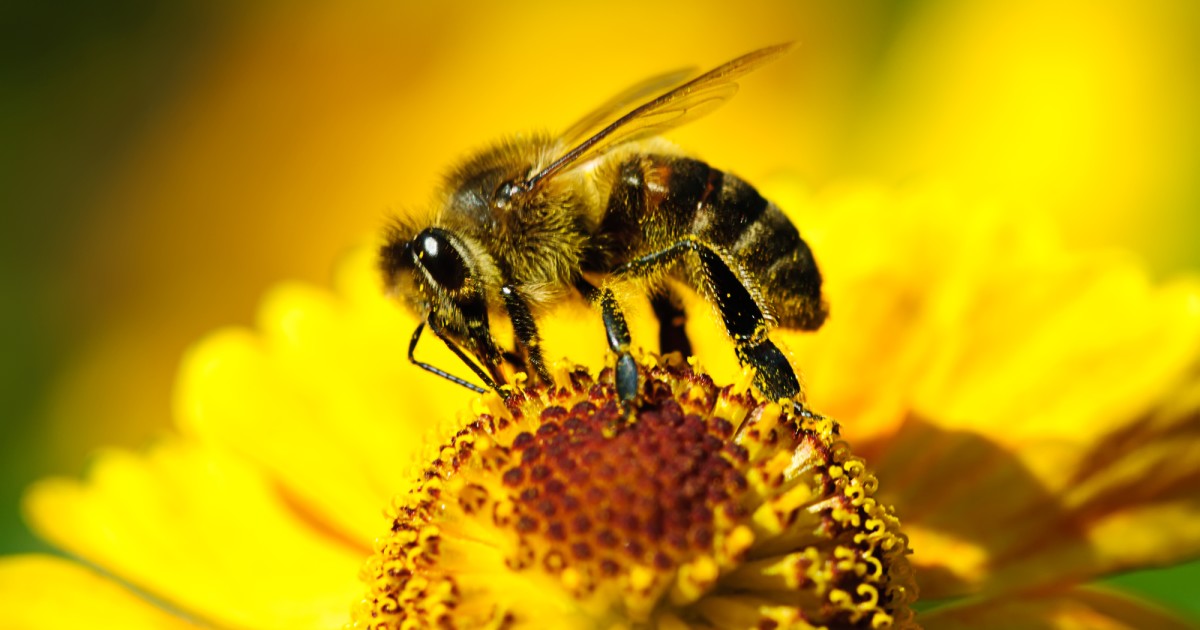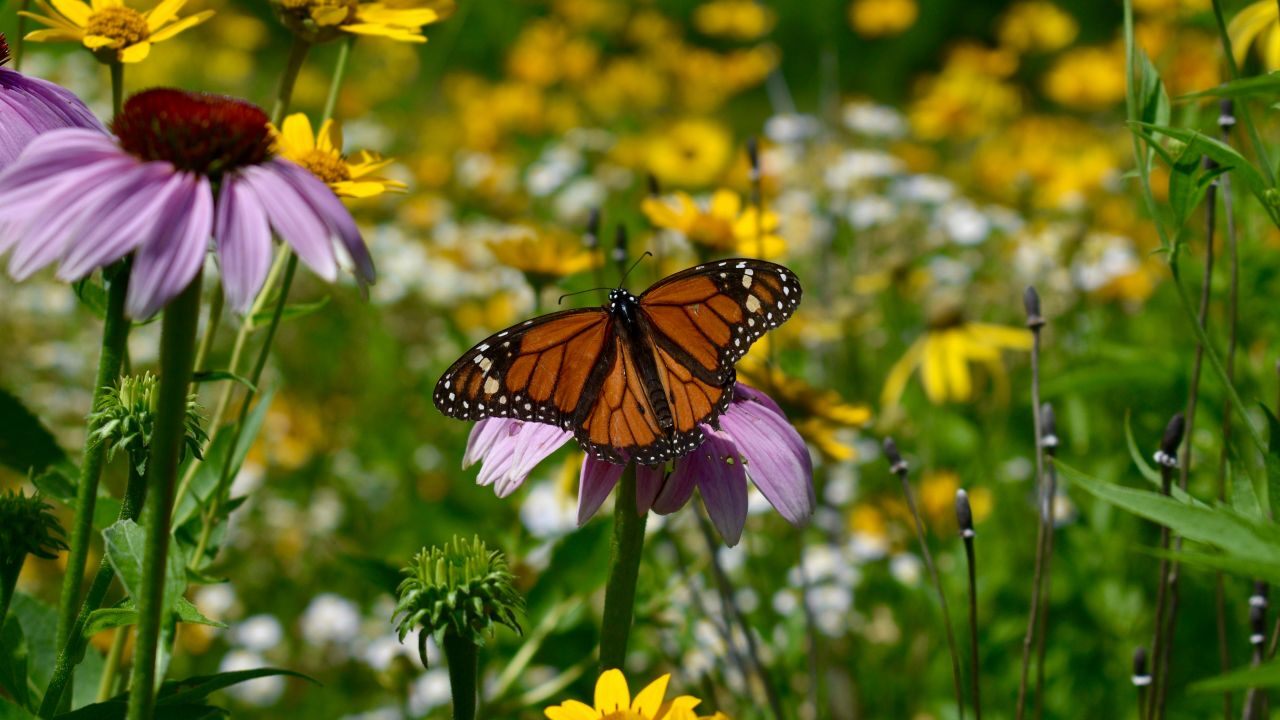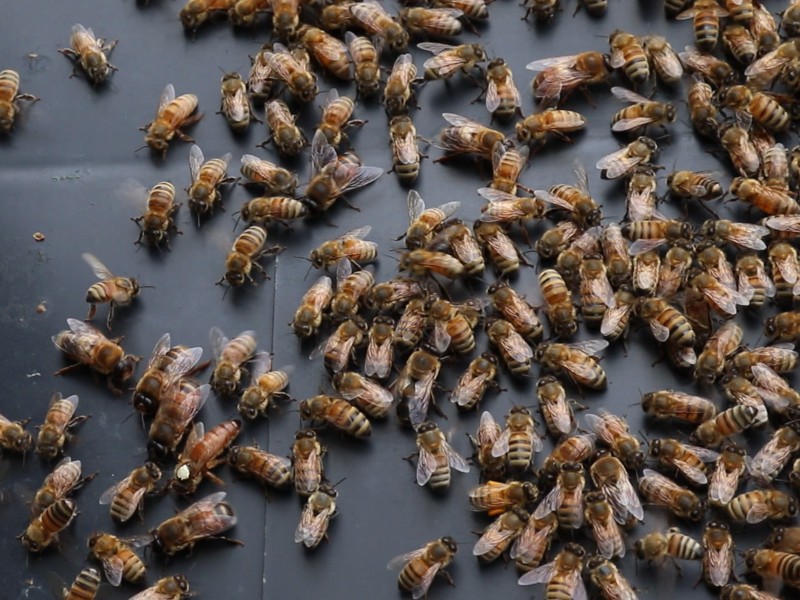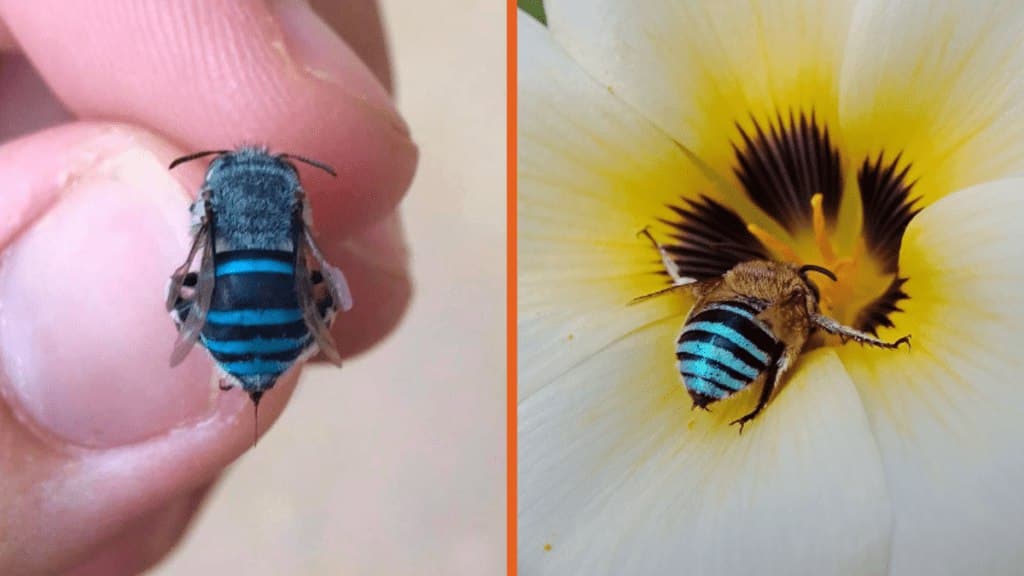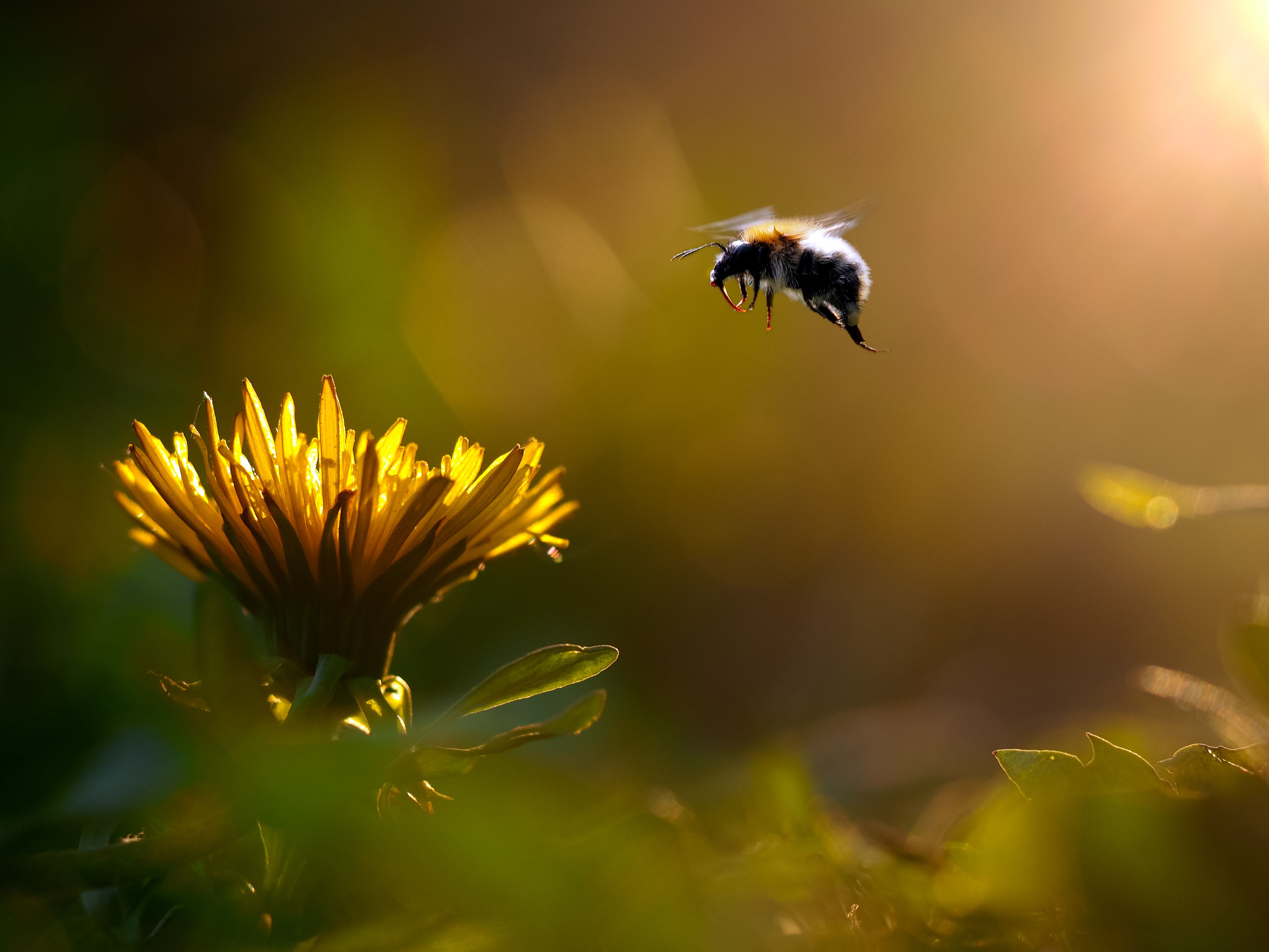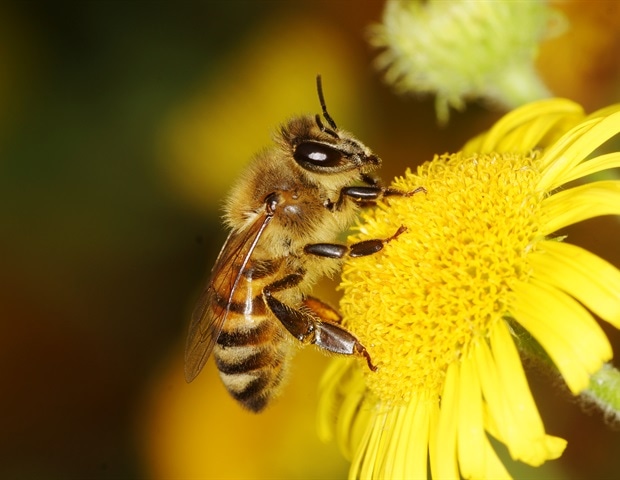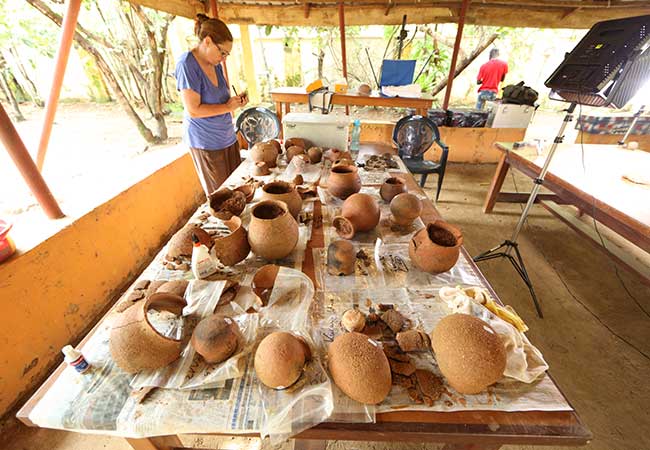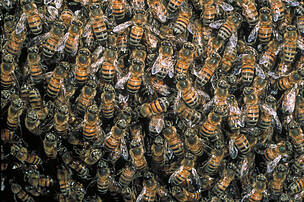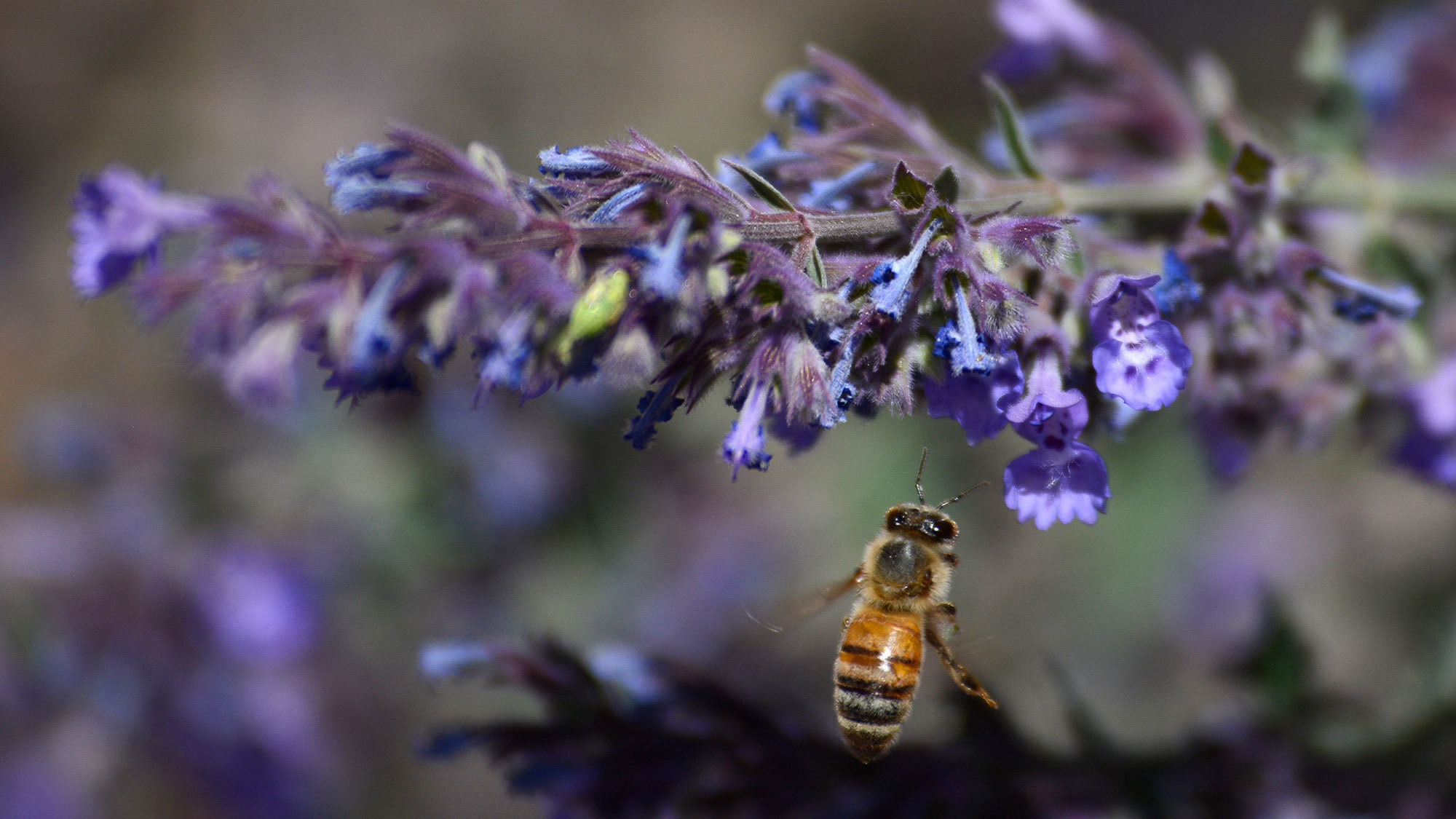 John LaRose Jr.
John LaRose Jr.
Topics: Agriculture US, Crop Consultant, Education U.S. NorthEast, Agriculture Global, Beekeeping, Economics, Food/Nutrition, Research, World Hunger, World Population, Pollinators,
Pollen-sized particles give bees immunity to insecticides
Bees play a critical role in pollinating many of plants that humans eat and are therefore key to food security, but populations continue to decline rapidly around the world. A number of factors are contributing to this, including habitat loss and drought, but a tiny new ingestible particle developed at Cornell University takes aim at a key one, by detoxifying deadly insecticides before they can do these important critters harm.
-
(1)
-
Bookmark
- Comments (0)
06/01/2021 SOURCE: newatlas.com
Bees play a critical role in pollinating many of plants that humans eat and are therefore key to food security, but populations continue to decline rapidly around the world. A number of factors are contributing to this, including habitat loss and drought, but a tiny new ingestible particle developed at Cornell University takes aim at a key one, by detoxifying deadly insecticides before they can do these important critters harm.
Pollen-sized particles give bees immunity to insecticides
-
(0)
-
Bookmark
- Comments. (0)
 John LaRose Jr.
John LaRose Jr.
Topics: Agriculture US, Crop Consultant, Beekeeping, Sustainability, Research, Pollinators,
Monarchs are back in Wisconsin: How you can help this declining species
Monarch Butterflies are slowly returning to Wisconsin and there are many ways you can help their populations rebound in your own backyard.
-
(0)
-
Bookmark
- Comments (0)
 John LaRose Jr.
John LaRose Jr.
Topics: Agriculture US, Crop Consultant, Agriculture Global, Beekeeping, Economics, Sustainability, Pollinators, Education,
UNG Professor: pollinator decline could affect economy and agriculture
Bees and other pollinators are key to keeping plants and crops alive, not just in North Georgia, but across the entire world.
-
(0)
-
Bookmark
- Comments (0)
 John LaRose Jr.
John LaRose Jr.
Topics: Crop Consultant, Agriculture Global, Beekeeping, Research, Regenerative Agriculture, Pollinators,
-
(1)
-
Bookmark
- Comments (0)
 John LaRose Jr.
John LaRose Jr.
Topics: Agriculture Global, Beekeeping, Sustainability, Research, Regenerative Agriculture, Pollinators,
Why 'Lazy' Lawn Mowers Are Heroes for Bees
Mowing a lawn every two weeks instead of weekly can boost the abundance of bees, according to a new study.
-
(0)
-
Bookmark
- Comments (0)
 John LaRose Jr.
John LaRose Jr.
Topics: Agriculture US, Crop Consultant, Agriculture Global, Beekeeping, Sustainability, Research, Pollinators, Education,
Scientists develop new way to monitor electrostatic signals emitted by honeybees
Honeybees have a complex communication system. Between buzzes and body movements, they can direct hive mates to food sources, signal danger, and prepare for swarming - all indicators of colony health.
-
(0)
-
Bookmark
- Comments (0)
 John LaRose Jr.
John LaRose Jr.
Topics: Organic, Beekeeping, Sustainability, Ag Europe, World Population, Pollinators, Education,
3500 year-old honeypot: oldest direct evidence for honey collecting in Africa
Traces of beeswax were detected in 3500 year-old clay pots like this (photo: Peter Breunig, Goethe University Frankfurt) Before sugar cane and sugar beets conquered the world, honey was the worldwide most important natural product for sweetening. Archaeologists at Goethe University in cooperation
-
(1)
-
Bookmark
- Comments (0)
04/13/2021 SOURCE: www.wwf.it
"In 30 years 70% of the pollinator biomass disappeared"
Il WWF in campo per proteggere api e farfalle
In 30 anni scomparso il 70% della biomassa degli impollinatori
-
(0)
-
Bookmark
- Comments. (0)
 John LaRose Jr.
John LaRose Jr.
Topics: Agriculture US, Beekeeping, Sustainability, World Population, Regenerative Agriculture, Pollinators,
Will Putting Honey Bees on Public Lands Threaten Native Bees?
As suitable sites become scarce, commercial beekeepers are increasingly moving their hives to U.S. public lands. But scientists warn that the millions of introduced honey bees pose a risk to native species, outcompeting them for pollen and altering fragile plant communities.
-
(0)
-
Bookmark
- Comments (0)


